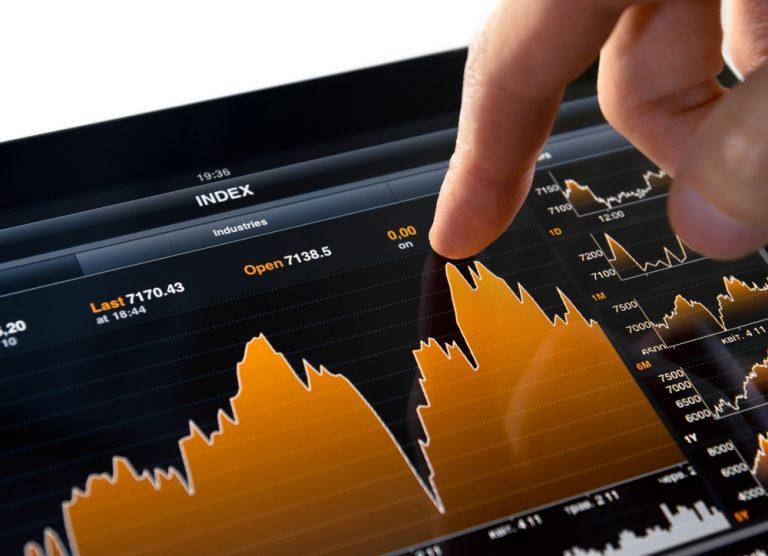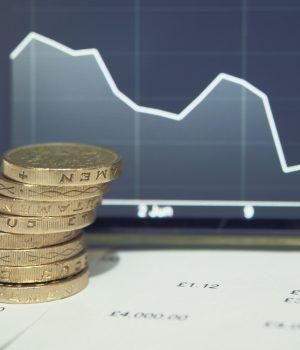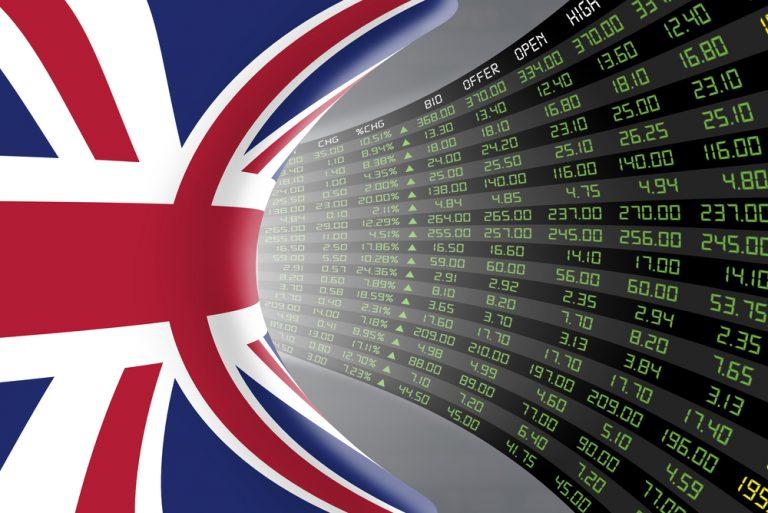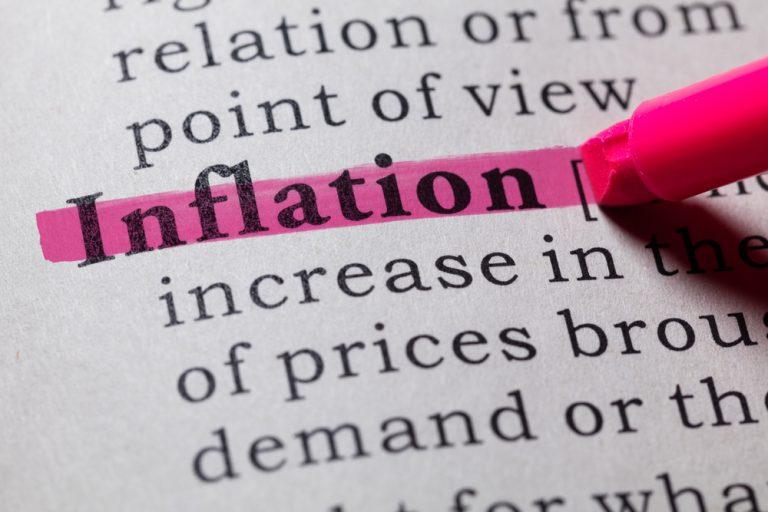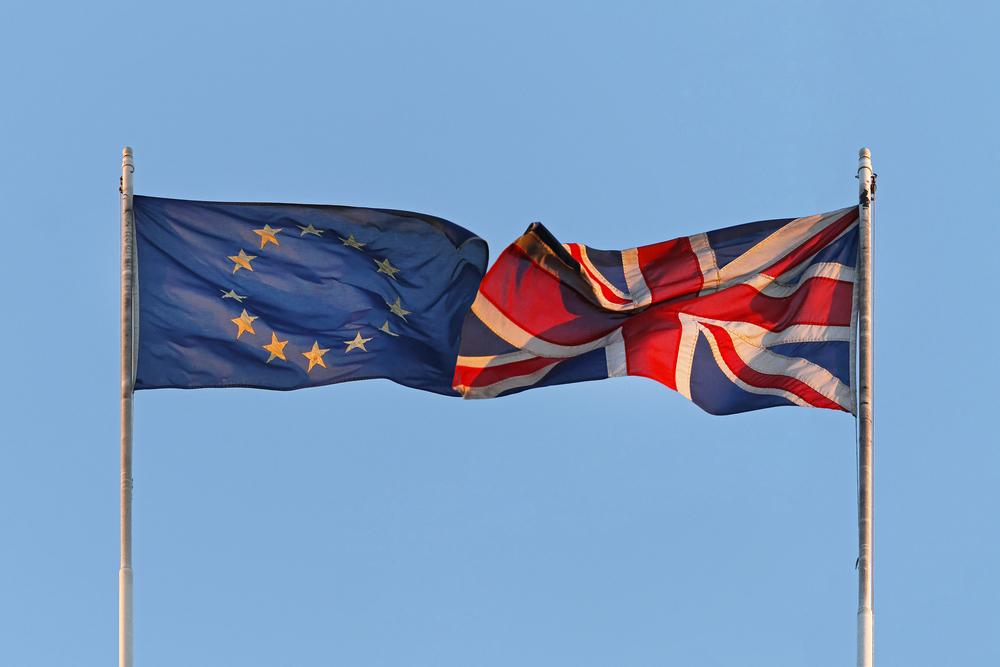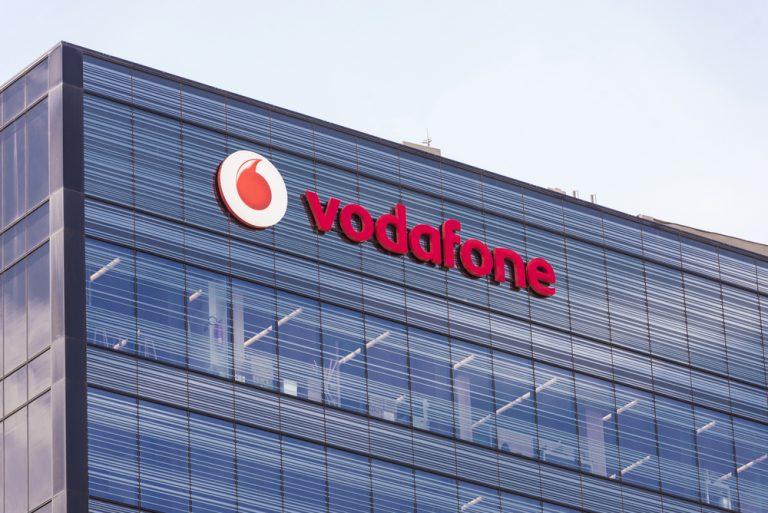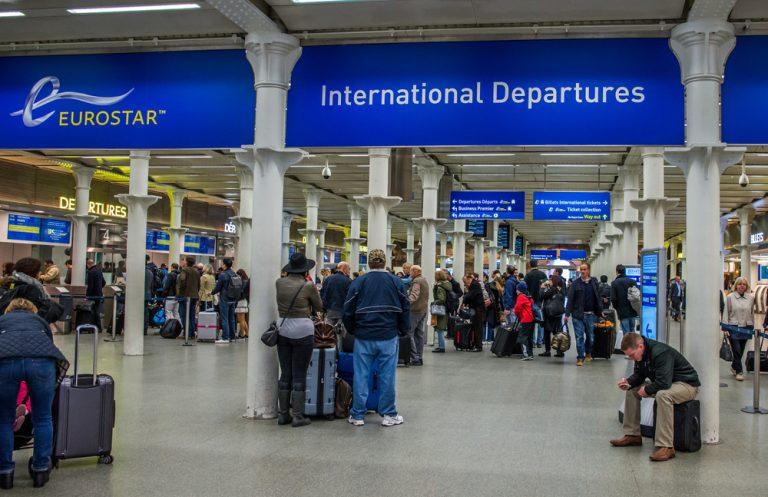Robots likely to take jobs from over 10 million workers within 15 years
Venture Life shares fall, despite 57pc profit boost
Retail sales surge in February, dampened only by rising petrol prices
FTSE 100 sinks, dragged down by major British stocks
Cost of living in London now cheaper than Tokyo, Paris and New York
UK inflation hits highest level since 2013, negative effects for savers
UK inflation hit its highest level since September 2013 in February, with food prices recording their first annual increase for over two years.
The Consumer Prices Index (CPI) rose to 2.3 percent in February, a sharp increase from 1.8 percent in January. Food prices increased by 0.3 percent on the same period a year earlier. The Bank of England has taken the rising inflation into account, expecting it to peak at 2.8 percent next year. According to the latest figures from the Office for National Statistics, rising transport costs, particularly for fuel, were the main contributors to the increase in the rate. Rising inflation rates are likely to have negative effects for savers, with Vince Smith-Hughes, retirement expert at Prudential, commenting:“These rising inflation figures will dismay pensioners who are living on a fixed income or drawing down an income from their pension fund. Rising inflation hits retired people harder than others because they spend a disproportionate amount of their income on fuel, food and heating.
“Those drawing down an income will need to think carefully about how much they withdraw from their pensions. Increasing withdrawals to pay for higher food and fuel bills means they run a greater risk of exhausting their pension savings.”
British stock markets are down on the news, with the FTSE 100 is currently down 0.03pc to 7,426.21, while the FTSE 250 has fallen 0.16pc to 19,120.96 (1336GMT).May to trigger Article 50 next Wednesday
Vodafone merge with Indian rival Idea to become country’s largest provider
Vodafone’s Indian business has merged with one of its biggest rivals in the region, Idea Cellular, in order to fend off competition from other networks.
The combined business will be the country’s largest telecoms provider, with almost 400 million customers and a 35 percent share of the market.
Vodafone will hold 45 percent of the combined entity, withAditya Birla Group, Idea’s owner, taking 26 percent. In the three years from closure of the deal, which is expected to be in 2018, the Aditya Birla Group has the right to buy up to 9.5 percent stake from Vodafone at Rs 130 per share to equalize the stakes of both partners. The rest will be held by the public.
In a statement, Aditya Birla Group’s chairman, Kumar Mangalam Birla, said:
“This landmark combination will enable the Aditya Birla Group to create a high quality digital infrastructure that will transition the Indian population towards a digital lifestyle and make the Government’s Digital India vision a reality.”
Vodafone Group’s CEO Vittorio Colao reassured customers that “both brands will continue to exist and we will leverage on both brands.”
Guest post: Gold and the US dollar – a volatile affair of hate and love
This is a guest post by James Trescothick, the Chief Global Strategist at EasyMarkets.Risk warning: Forward Rate Agreements, Options and CFDs (OTC Trading) are leveraged products that carry a substantial risk of loss up to your invested capital and may not be suitable for everyone. Please ensure that you understand fully the risks involved and do not invest money you cannot afford to lose. Our group of companies through its subsidiaries is licensed by the Cyprus Securities & Exchange Commission (Easy Forex Trading Ltd- CySEC, License Number 079/07), which has been passported in the European Union through the MiFID Directive and in Australia by ASIC (Easy Markets Pty Ltd -AFS license No. 246566).


